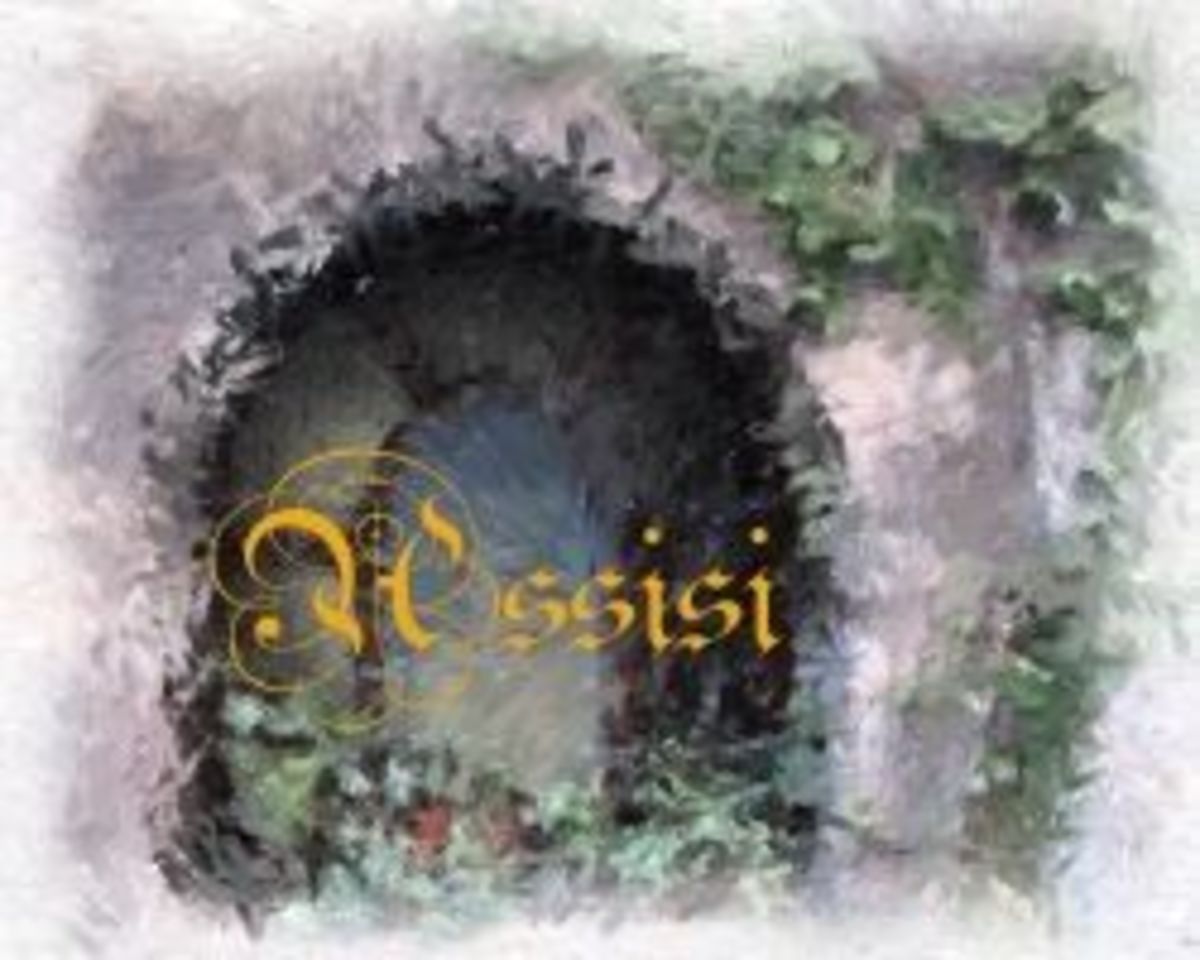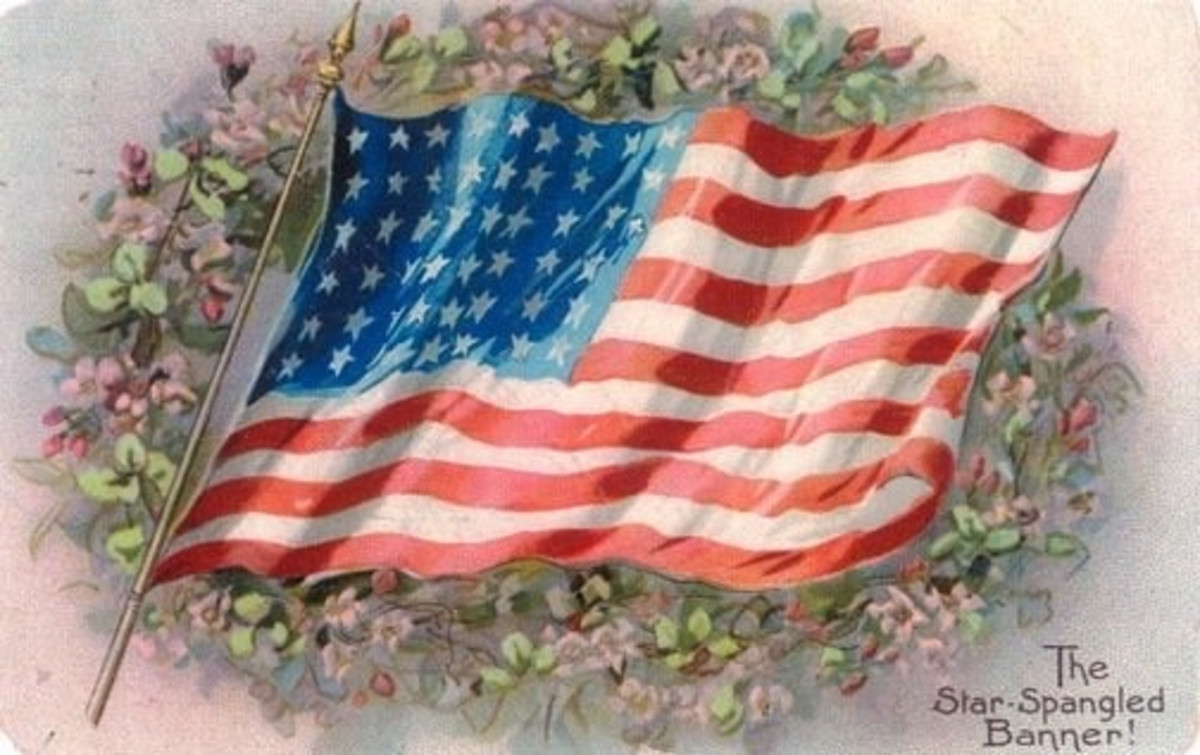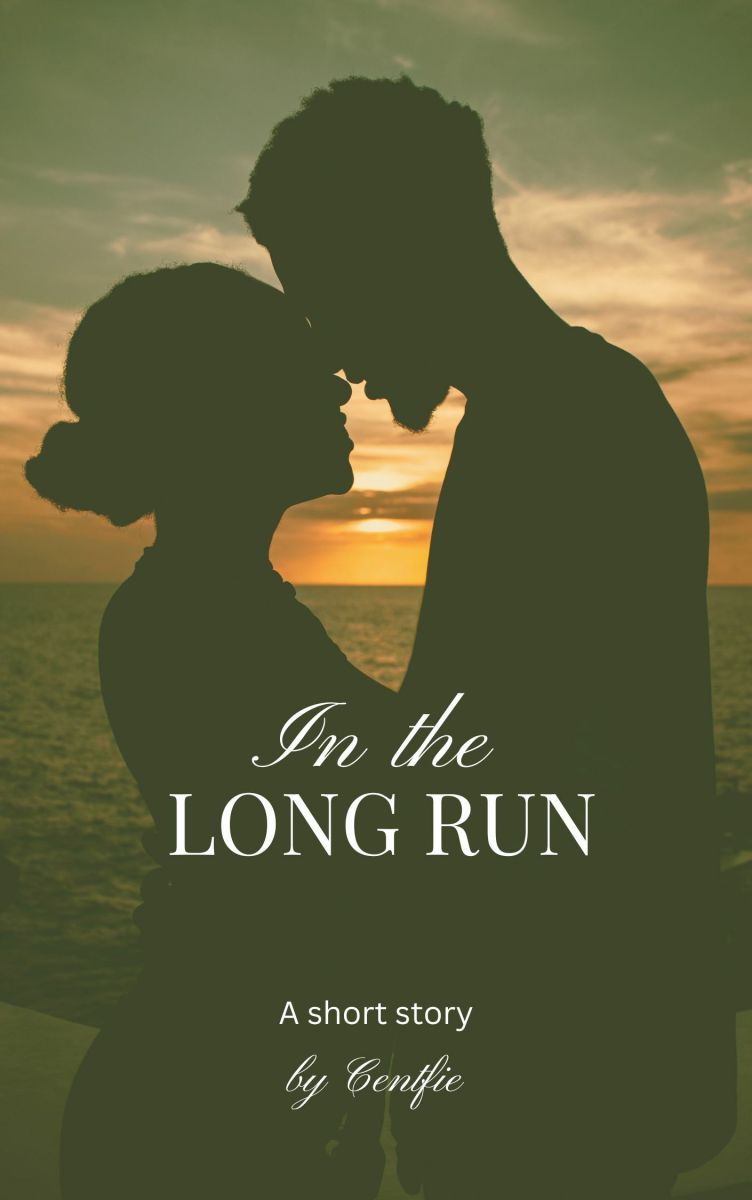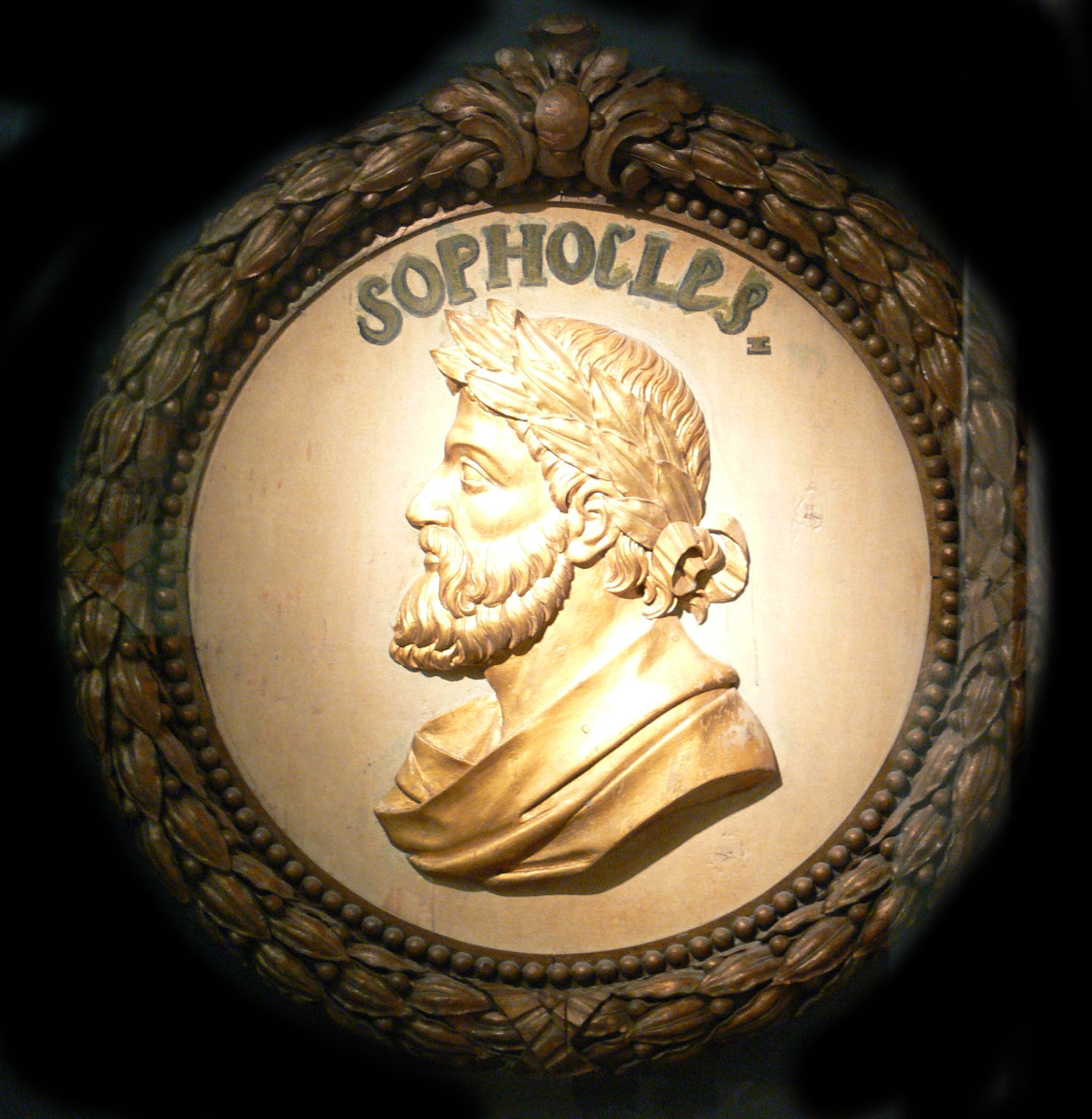- HubPages»
- Books, Literature, and Writing»
- Books & Novels»
- Nonfiction
Dick Francis Encore: In His Own Words
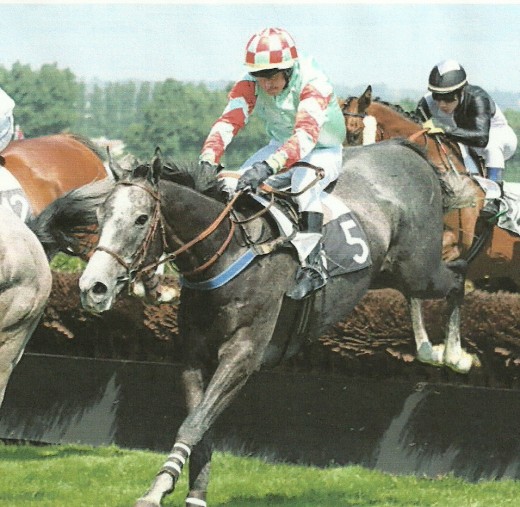
"Whatever I now know about writing I learnt from the discipline of working for a newspaper," said Great Britain's famous author Dick Francis in his 1957 autobiography (1974 revised edition) The Sport of Queens.
His comment came near the end of that volume as his fortunes as a writer were just appearing on the horizon. Forced to retire from steeplechasing after a rewarding career that ended in its twilight aboard the Queen Mother's racing horses, Francis was soon offered several jobs.
What To Do After Racing?
Rejecting a position as an official judge for steeplechasing -- a most unusual hire offer -- Francis moved on to consider a job as a race commentator. The famous jump jockey told his readers that offer quickly became a
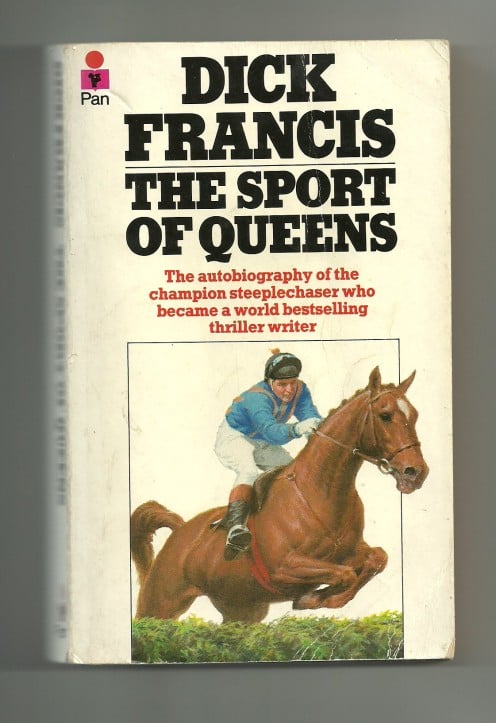
"tongue-tied" affair he knew wasn't his future.
Then the Sunday Express threw out its offer to have Francis "talk" four articles for publication that would be written by a staff member and given a Francis byline. Francis liked the idea so much he asked to do the writing himself, and he was given permission "to try".
Try, he did! The Sunday Express articles became a regular assignment for Francis, and he went on to write his autobiography and the biographical story of heralded jockey Lester Piggott before extending his wordsmithing to thriller and mystery fiction.
From Tea to Autobiography
Francis' autobiography relates his jump from newspaper columnist to book author.
Tea between Francis' mother and "an elderly lady called Mrs. Johnson" one early summer day in 1956 included Mrs. Johnson's adult son John. While the ladies chatted and sipped, John explored the books and photographs in the Francis room, stopping at the picture of Devon Loch, ridden by Francis, clearing the last jump in the 1956 Grand National.
John soon learned that Mrs. Francis, his mother's chatting companion, was the mother of Devon Loch's rider. Devon Loch's infamous belly-flop in the last yards of the National that cost horse and rider a championship was being retold in various forms throughout England.
John inquired of Francis' mother if her son had ever considered "writing the story of what really happened"?
When Francis learned from his mother about this conversation, an "ordinary and fortuitous afternoon altered the whole course of my life", he said. His autobiography, indeed, tells the whole story of Devon Loch's misfortune in the Grand National.
In writing an autobiography "as an introduction to writing," Francis said, "at least you don't have to research the subject", which is the "one good thing" about it.
Drifting Into Another Career
Francis always maintained that he "drifted into" writing rather than consciously chose it as a new career when his riding days ceased.
As he continued his article writing for the Sunday Express throughout 1957, Francis soon realized that writing itself really had an appeal for him and that it "was not some temporary marking of time" until he decided "what to do for the rest of my life".
His autobiographical manuscript was picked up immediately by a former racing employer who had promised to publish it, and Francis' connections with a newspaper made the transition from article writing to book publication easily possible.
Francis said he also learned that "jockeys can earn more than journalists". His drop in income presented Francis and his family with three options: change their lifestyle, spend their savings, or find a way to earn more income.
"We did the first to some extent and tried not to do the second, but the most sensible seemed the third" Francis said. And the natural next step in writing would be to attempt to produce a novel.
Dead Cert was published in January of 1962 by Michael Joseph Ltd., the firm continued after the death of Francis' first agent, friend, and former employer, racehorse owner and publisher Michael Joseph.
After Nerve appeared on the bestseller fiction list in 1964, Francis' book-a-year legacy began to stabilize, and he continued to write thriller/mystery novels into his 80s. The one enduring theme in his five decades of thrillers was the creation of protagonists with strong morals.
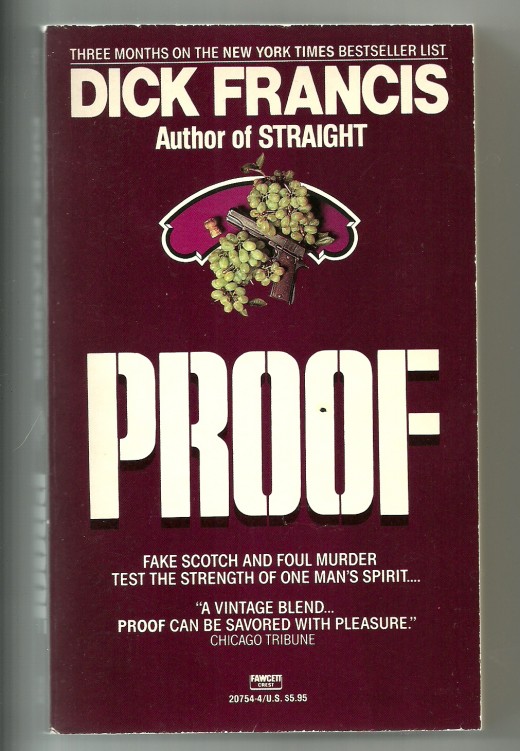
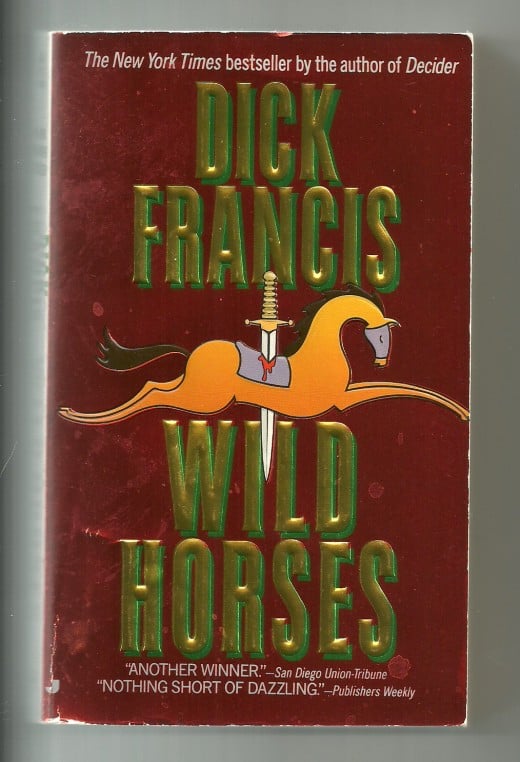
Dick Francis On Writing
In his autobiography, Francis shared his ideas and practices concerning the craft of writing.
"My 'first draft' is it", he said. Before he wrote a sentence, he first thought about what he really wanted to say, then thought of "a way of saying it".
This basic delivery was one Francis stayed with his entire writing career because he said he didn't have "the mental stamina" to "rewrite to any extent".
As far as beginnings, middles, and endings go, he said he liked to start with "Chapter 1, page 1, and plod on to the end". Where some authors jump from place to place as their story unfolds, Francis said he always stayed with the chapter by chapter method even when he didn't know "exactly what" was going to happen next.
On the subjects of where his writing ideas and his writing style came from, Francis said he couldn't define either one. "It seems to me now," he said, "that one can't choose" methods and ideas, that one has "very little control over them". He maintained that "books write authors" as well as the other way around.
Charles Dickens couldn't write Jane Austen, or vice versa, with credibility, he said. An author takes on his own voice and draws on his own experiences and talents and best methods, Francis said.
In the end, particular talent, method, and experiences aside, he believed in this most simple test of worthiness: "If to be fulfilled as a writer is to be read, then I can never complain".
The Best Years
Even having said that he was fulfilled as a writer, Francis was most inspired and most grateful for his ten years as a jump jockey. He continued to write his Sunday Express column for 16 years, as he produced best seller after best seller, enjoyed a rich family life with wife Mary and sons Merrick and Felix, but always spoke of his riding years in sacred terms.
They were the "best years of my life", he concluded.
(Dick Francis died in February of 2010.)
- Dick Francis Jockey and Master of the Bad Boy Adverb and Bang Bang Beginnings
Great Britain's Dick Francis, jockey turned novelist, wrote bestselling thrillers for five decades. As a wordsmith, his adverbs and strings of adjectives are unique.

